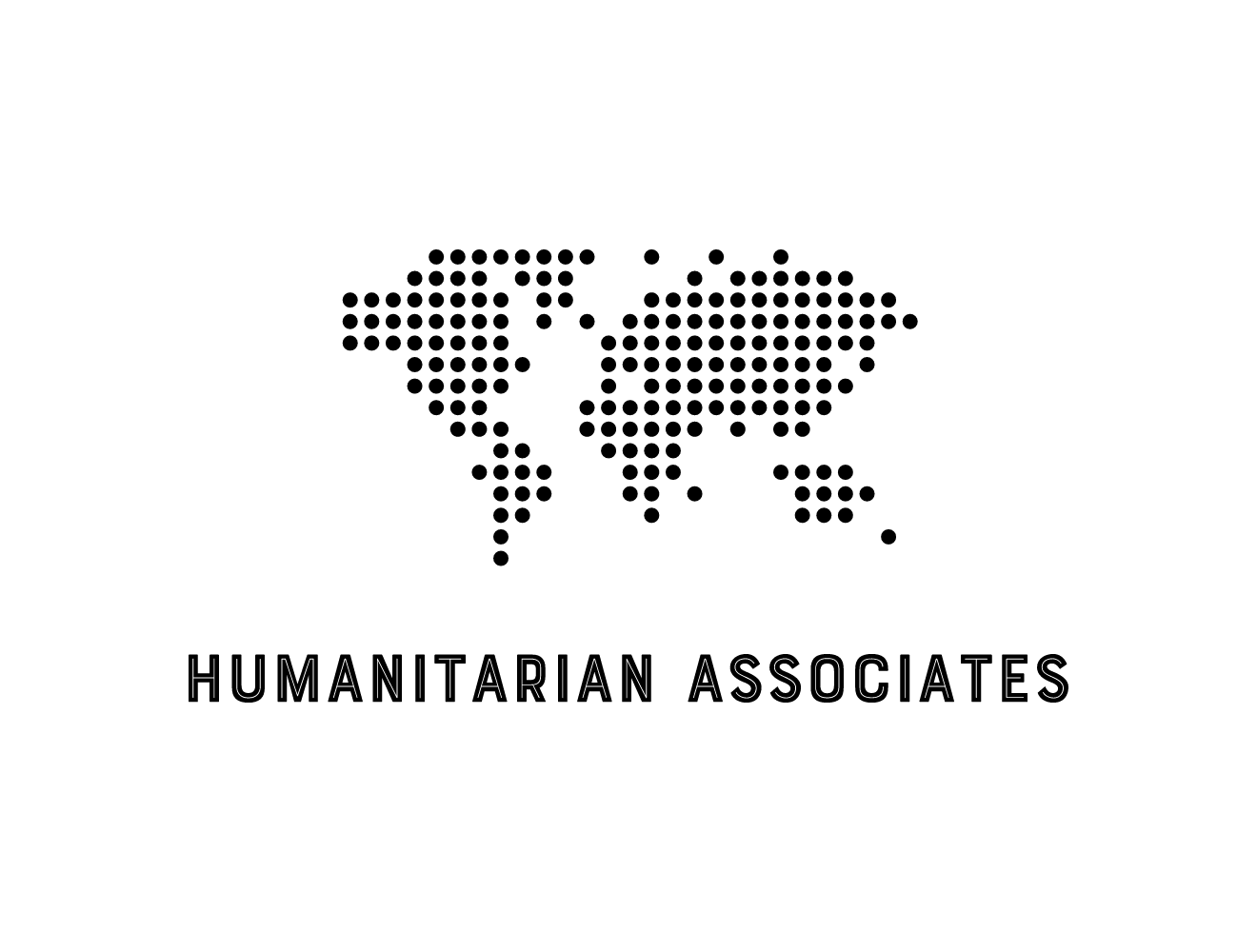Summary
Humanitarian Associate’s Code of Conduct and Anti-harassment Policy (collectively the “Code”) defines the highest standards of behaviour expected of all Humanitarian Associate staff, associates, and representatives. All staff, associates and representatives are expected to follow all of Humanitarian Associate’s policies and engage in ethical behaviour, anti-discrimination and respect, to ensure all interactions are done with fairness and dignity and are free from real or perceived conflicts of interest. Humanitarian Associates has a zero-tolerance policy for any abuse, bullying, harassment, sexual harassment, sexual exploitation, discrimination or other inappropriate conduct.
Application
This Code applies to all representatives. For the purposes of the Code,
Representatives include without exception:
- all employees (contract and permanent)
- advisors
- associates,
- volunteers
- consultants and other services providers
- any other third party who acts are a representative to Humanitarian Associates
It is expected that all Representatives will comply with the Code and its principles, and perform their job, services, volunteer contributions, or project activities honestly and in a manner consistent with the values and policies of Humanitarian Associates, including those set out in this Code. Humanitarian Associates takes any form of abuse, bullying, sexual harassment, sexual exploitation, discrimination or other inappropriate or discriminatory conduct seriously and has procedures in place to take action should an issue ever arise.
For the purposes of the Code of Conduct, the following definitions apply:
- Sexual abuse: Any sexual assault or threat of sexual assault committed with force, coercion, or in the course of an unequal relationship. Any sexual activity with a child is considered to be sexual abuse.
- Sexual exploitation: Any actual or attempted abuse of a position of vulnerability, differential power, or trust for sexual purposes, including but not limited to profiting monetarily, socially or politically.
- Protection from sexual exploitation and abuse (PSEA): A term used by the United Nations and the non-governmental organization community that refers to action taken to protect vulnerable persons from sexual exploitation and abuse by their own employees and associated personnel.
Ethical Behaviour
Humanitarian Associates representatives act on behalf of the organization in various capacities. These interactions must therefore meet the highest standards of ethical and professional behaviour that uphold the reputation of Humanitarian Associates. Arrangements and relationships entered into, whether with or on behalf of Humanitarian Associates, must be free from bias, conflict of interest or the undue influence of others. Not every situation or circumstance can be addressed specifically in the Code. The principles and statement of values outlined in the Code are expected to be applied by Humanitarian Associates representatives in exercising judgment and in conduct when facing questions, concerns or issues, whether or not they are expressly covered in the Code.
Reporting Breaches or Concerns of Any Form.
As a Humanitarian Associates representative or someone interacting with Humanitarian Associates or its representatives, if you witness or become aware of actions or conduct that is not consistent with the Code or you have
doubts about a course of action, you should seek advice and direction from Chris Houston.
For confidential whistleblowing, please contact Chris Houston
Those making reports in good faith will be protected from retaliation.
A person making a complaint in bad faith will not be tolerated.
Accountability Procedures and Processes
Management may initiate measures to address inappropriate behaviour, even in the absence of a formal complaint. Any ultimate decisions will be made by
management. Humanitarian Associates management is accountable for monitoring operational compliance with this Code.
All Associates must sign an attestation stating that they will follow all policies, therefore including this Code of Conduct, or that they will adopt their own policies and procedures in keeping with the principles set out in the Code.
A breach of the Code is serious and can result in action by Humanitarian Associates, up to and including immediate termination of employment, consulting agreements and affiliation with Humanitarian Associates
Last Updated: October 30, 2022
